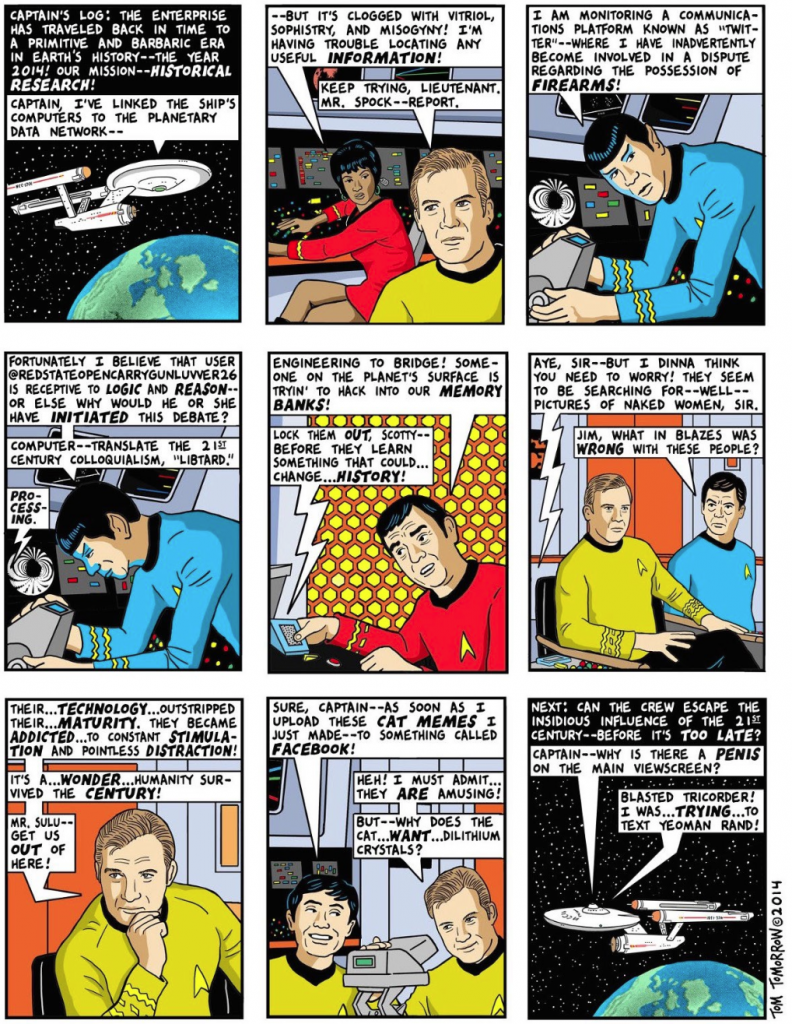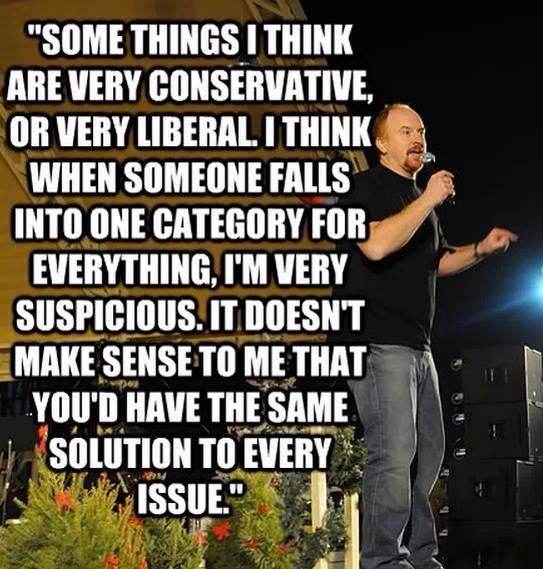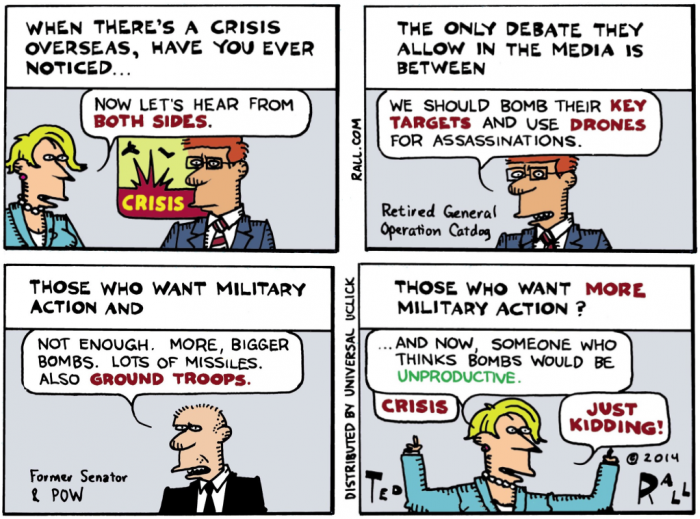A few days ago I posted a story about Hillary Clinton (told by Elizabeth Warren) about how after becoming a Senator, Clinton voted for something that she fought hard against before that. Go watch that video if you have not already.
And now, we have a similar story from the other side of the aisle. Senator John McCain voted against overturning the Citizens United ruling that gave corporations and unions the right to spend infinite amounts of money in political campaigns. This is hypocritical because when the Supreme Court decision was announced, McCain denounced it as the Supreme Court’s “worst decision ever” and blasted the court for demonstrating “a combination of arrogance, naivete, and stupidity, the likes of which I have never seen.”
McCain is well known as a promoter of campaign finance reform, including the McCain-Feingold Act.
McCain’s office claims that the reason he voted against it is because it had no chance of passing the Republican-controlled House. And he has a point. It is clear the the main reason the Democrats introduced this bill was so they could use it as an election issue to keep control of the Senate. They knew it had no chance of passing the House.
But that just begs the question, why would Republicans refuse to vote against campaign finance reform? McCain himself is evidence that there are influential Republicans who support reform. But unfortunately in today’s gridlocked political world it has become a partisan issue.
Which to me brings up the real point. Both Clinton and McCain are evidence that the problem is not people, it is the system. And indeed, both show that we need to find some way to reduce the influence of money in politics. And there are definitely ways to do this without compromising the right to free speech. One way would be to require the disclosure of every person and organization who donates money for political ads. We need more transparency.
We also need to slow down the revolving door between politics and business. Otherwise, our representatives will only represent their future (or past) employers.
And finally, we absolutely need to reduce the power of political parties. A very good way to do this, which is already working in a few states is nonpartisan primaries (also sometimes called open primaries), where all candidates appear on the same ballot and the two highest voted candidates proceed to the regular election, which is actually acts as a runoff election.
I think it is absolutely crazy that we have partisan primaries, which are paid for by the taxpayers. It is insane that I am not allowed to vote in a taxpayer-funded primary election that may well determine who becomes my representative (or even president) unless I register as a member of that party. The constitution gives me the right to vote for my representatives.
You would think that even Republicans would be in favor of nonpartisan primaries, since it is well known that current Republican primaries end up being a race to embrace the lunatic fringe. Candidates are forced to go so far to the right in the primary that they often become unelectable in the general election. I’ve seen the same thing happen in Democratic primaries too, although not to the extent seen in recent Republican primaries.
Another thing that needs to be done is to take redistricting out of the hands of the political parties. Stop gerrymandering now.




